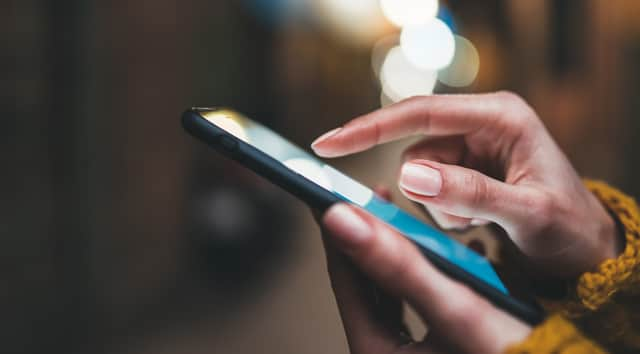Discover how Luton’s community adapts to road closures and infrastructure upgrades, turning short-term disruption into long-term sustainability and resilience. Learn more now!
In today's digitally connected world, our smartphones have become indispensable extensions of ourselves. However, as we increasingly rely on these powerful devices, we also expose ourselves to greater risks. Common mistakes could put you at risk from criminals 😨. As a seasoned security expert, I’m here to share four critical things you should never store on your phone in order to safeguard your personal data and privacy.
1. Passwords and PINs

Source: https://www.thestar.co.uk/read-this/phone-safety-security-expert-warning-4707150
It might seem convenient to store passwords and PINs directly on your phone, especially with the multitude of accounts everyone maintains today. However, this practice can be incredibly risky. If your device falls into the wrong hands, either through loss or theft, a criminal could easily access all your sensitive accounts, including banking, social media, and email. Instead, consider using a reputable password manager that encrypts and safely stores your login information.
2. Personal Identification Information
Your phone is not a secure vault for storing personal identification information such as Social Security numbers, driver's license details, or passport information. This type of data is highly sought after by identity thieves. If accessed, it can lead to identity fraud or financial harm. Always keep such information in physical form or in secure, encrypted storage solutions. Ensuring that essential documents are kept offline is one of the best defenses against cybercriminals.
3. Bank Account Details
Bank account numbers and other related financial data should never be stored directly on your phone. Mobile banking apps are designed with their own security measures, but even then, be cautious about what information you save within them. Should your phone be hacked or stolen, providing direct access to your finances could be disastrous. Regularly update and monitor your mobile banking security settings to minimise risks.
4. Intimate Photos or Videos
Storing intimate or highly personal photos and videos on your phone may seem harmless until your phone is compromised. Whether through hacking, accidental sharing, or loss, private media can become public in moments, leading to potential embarrassment or blackmail. Utilise cloud services with high encryption standards for backup if necessary, but always think twice before saving such content on your mobile device.
Conclusion
In conclusion, while smartphones offer incredible convenience, they come with significant risks if not used carefully. By avoiding the storage of passwords, personal identification information, bank details, and intimate media on your phone, you can significantly reduce your vulnerability to cyber threats and criminal activity. Stay educated, stay vigilant, and prioritise your digital safety.
Remember, common mistakes could put you at risk from criminals, but with proactive steps, you can protect yourself and your personal data.